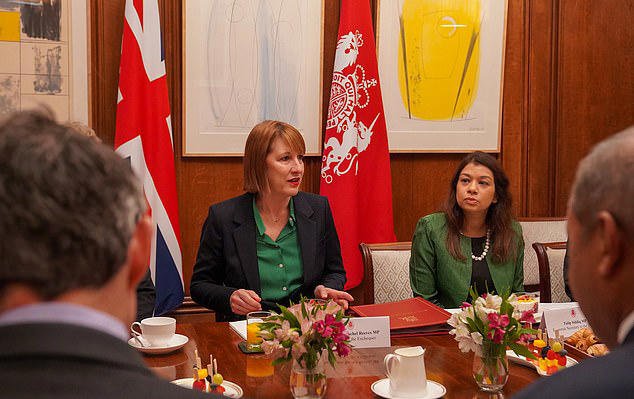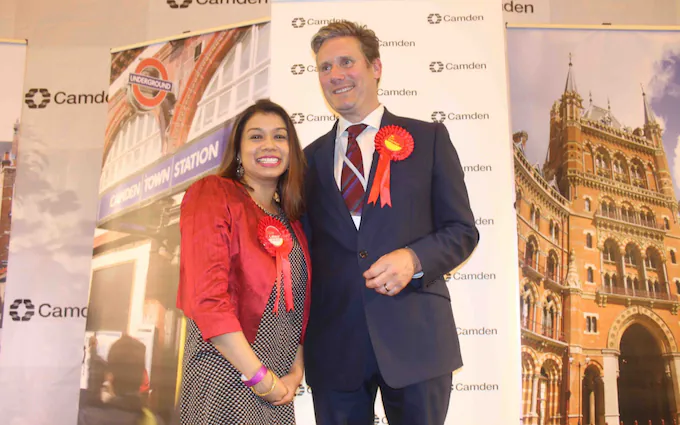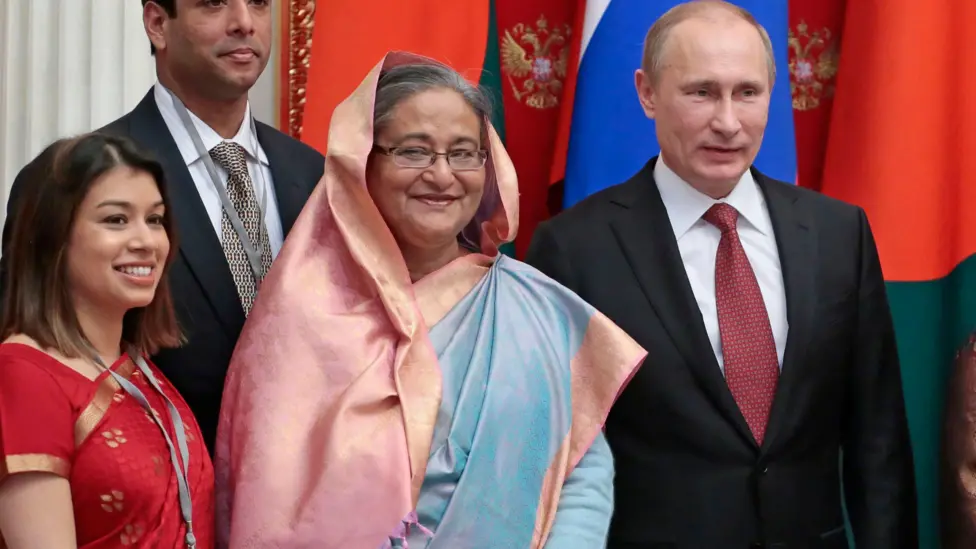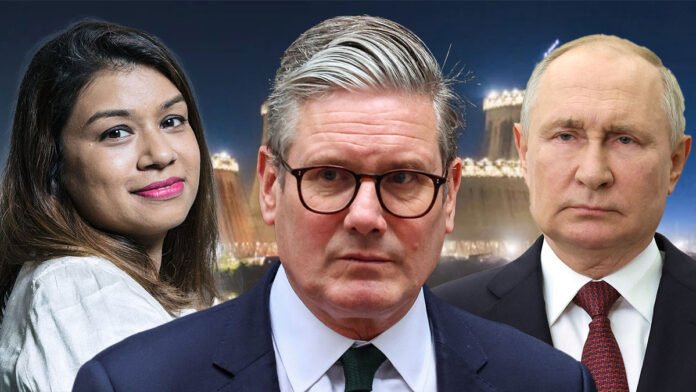Global Corruption Scandal: Labour’s Tulip Siddiq Accused of Role in £3.9 Billion Fraud
In a scandal that threatens to rock both British and Bangladeshi politics, Labour Treasury Minister Tulip Siddiq finds herself at the centre of an explosive corruption investigation that reads like a political thriller. The allegations? A staggering £3.9 billion embezzlement scheme involving a Russian nuclear power plant, family dynasties, and international intrigue.
Siddiq, who ironically oversees anti-corruption efforts in UK financial markets as Economic Secretary to the Treasury, is alleged to have played a pivotal role in a 2013 deal that artificially inflated the cost of Bangladesh’s Rooppur Power Plant by £1 billion. The investigation claims 30% of these inflated costs were distributed among family members through a labyrinth of international banks and shell companies.
Bobby Hajjaj, a prominent political opponent of Hasina, has provided detailed allegations to the ACC, painting a picture of systematic corruption that reaches from Moscow to London via Dhaka. The court documents seen by the BBC show that Hajjaj has accused Siddiq of mediating and coordinating meetings for the Bangladeshi officials with the Russian government to build the £10bn Rooppur Power Plant Project.

The report published by Global Defense Corp on August 17 alleged that the ousted Prime Minister Sheikh Hasina and her family members were involved in embezzling over $5 billion USD from the Rooppur project. The report suggested that the funds were misappropriated through the purchase of Soviet-era nuclear reactors from Rosatom and were transferred from Russian slush funds in Malaysian banks to various international accounts. It also mentioned the involvement of Sheikh Hasina’s son, Sajib Wazed Joy, and her niece, Tulip Siddiqui, in facilitating these transactions.
The irony cuts deeper. Siddiq’s aunt, Sheikh Hasina—Bangladesh’s recently deposed autocratic prime minister of two decades—stands at the epicentre of this widening corruption probe. Now, both women face scrutiny from Bangladesh’s Anti-Corruption Commission (ACC) in an investigation that threatens to expose the dark underbelly of international power politics.
Prime Minister Sir Keir Starmer backs minister Tulip Siddiq

Prime Minister Sir Keir Starmer’s response has been tellingly tepid. Downing Street indicates he “stands behind Siddiq” while carefully distancing itself from “unconfirmed media speculation.” This cautious political dance comes as arrest warrants circle 45 former Bangladeshi officials, and the International Criminal Tribunal seeks Hasina for alleged “crimes against humanity.”
Speaking on Thursday, Starmer said that Siddiq had not been formally contacted by authorities, and said he wasn’t aware of any attempts by the Bangladeshi government to get in touch.
Asked if he knew that Siddiq had met Putin, the prime minister said he wouldn’t comment on actions by Siddiq from before she entered government. Siddiq, MP for Hampstead and Highgate, was first elected in 2015.
Starmer said the minister declared interests where relevant and that an independent adviser is content that all of his ministers have met their required conditions in this regard.
Starmer’s official spokesman indicated the prime minister continues to have confidence in Siddiq, who as economic secretary to the Treasury is responsible for tackling corruption in the UK’s financial markets.
Associated Press footage from 2013 places Siddiq at the Kremlin during the deal’s signing between Hasina and Vladimir Putin—a meeting whose implications now echo through the corridors of power in three capitals.

The stakes couldn’t be higher. As Treasury Minister, Siddiq holds responsibility for preventing the very type of financial corruption she now stands accused of facilitating. Her constituency of Hampstead and Highgate sits adjacent to Starmer’s own—a geographical proximity that mirrors the political closeness now proving increasingly uncomfortable for Labour’s leadership.
Meanwhile, Syed Faruk, who heads the UK branch of Hasina’s Awami League party, dismisses the claims as “fabricated”—a familiar refrain in Bangladesh’s turbulent political history.
This isn’t Bangladesh’s first corruption rodeo. Previous leaders like Khaleda Zia and Hussain Muhammad Ershad faced similar charges, each dismissed as politically motivated. The judiciary’s independence has long been questioned, with each new government bringing its own wave of prosecutions against political opponents.
But this time is different. With a British minister in the crosshairs and Russian connections in play, this investigation transcends Bangladesh’s borders, threatening to expose the intricate web of international corruption that often underlies major infrastructure projects.
As the investigation unfolds, one question looms large: Can a minister tasked with fighting financial corruption in Britain maintain her position while facing allegations of facilitating it abroad? The answer may determine not just Siddiq’s political future, but the credibility of Britain’s anti-corruption efforts on the global stage.
Support Independent Journalism Today
Our unwavering dedication is to provide you with unbiased news, diverse perspectives, and insightful opinions. We're on a mission to ensure that those in positions of power are held accountable for their actions, but we can't do it alone. Labour Heartlands is primarily funded by me, Paul Knaggs, and by the generous contributions of readers like you. Your donations keep us going and help us uphold the principles of independent journalism. Join us in our quest for truth, transparency, and accountability – donate today and be a part of our mission!
Like everyone else, we're facing challenges, and we need your help to stay online and continue providing crucial journalism. Every contribution, no matter how small, goes a long way in helping us thrive. By becoming one of our donors, you become a vital part of our mission to uncover the truth and uphold the values of democracy.
While we maintain our independence from political affiliations, we stand united against corruption, injustice, and the erosion of free speech, truth, and democracy. We believe in the power of accurate information in a democracy, and we consider facts non-negotiable.
Your support, no matter the amount, can make a significant impact. Together, we can make a difference and continue our journey toward a more informed and just society.
Thank you for supporting Labour Heartlands









